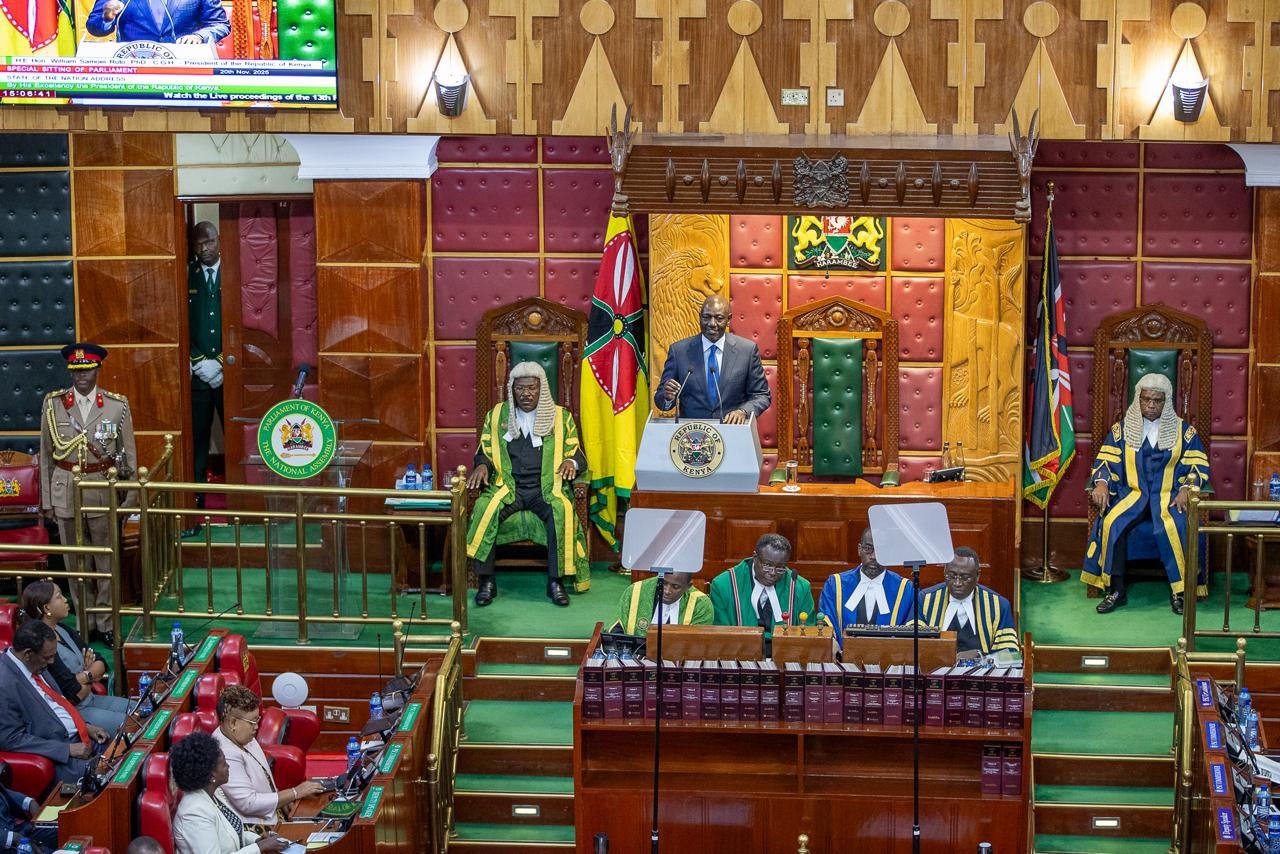Shrewd tycoons who have been making a fortune from sugar import business have their days numbered.
A Bill before the National Assembly is seeking to impose strict rules on the sugar import business.
The Sugar Bill 2022 further seeks to reinstate the Sugar Act which was repealed through the enactment of the Crops Act, 2013.
If enacted, the Bill sponsored by Malava MP Emmanuel Wangwe will re-establish the Kenya Sugar Board, the Sugar Development Levy the Sugar Development Fund and the establishment of the Kenya Sugar Research Institute.
The Bill says a person who ships in sugar shall prior to importation provide evidence that the commodity is not available in the market.
The person must also provide a sample of the sugar to be imported and a pre-import verification certificate from the country of origin.
The businessperson will also have to obtain pre-import approval from the Kenya Sugar Board.
“A person who contravenes this section commits an offence and shall, on conviction, be liable to imprisonment for a term not exceeding five years or to a fine not exceeding Sh10 million or to both,” the proposed law states.
Kenya has been seeking to regulate sugar imports as part of a plan to revamp its sugar sector and improve production.
Imports have been blamed for glut in the market, and causing a slump in local sugar prices.
The enactment of the Bill will also restore the roles of the Kenya Sugar Board currently undertaken by the Sugar Directorate of the Agriculture and Food Authority established under the Agriculture and Food Authority Act, 2013.
According to Wangwe, the stewardship of the sugar industry by the Agriculture and Food Authority has been infective since 2013.
Wangwe says the authority has contributed to non-payment of farmers by public sugar companies; increased costs of sugar production; declining land acreage under sugar; lack of markets for sugar; failure to control imports and exports of sugar; poor management of sugar companies; and lack of research and cane development initiatives.
The Bill further states that a person shall not operate a sugar mill or a jaggery mill unless he or she is a holder of a current licence issued by KSB upon recommendation by the relevant county government for that purpose.
“A person who contravenes the provisions of sub-section (1) or acts in contravention of the conditions of a licence granted under this Act commits an offence and shall be liable on conviction, to a fine not exceeding three times the domestic value of the sugar in respect of which the offence is committed, or to a fine not exceeding Sh10 million, whichever is the higher, or to imprisonment for a term not exceeding five years, or to both,” the Bill says.
It adds that every licence shall, unless earlier revoked, expire on June 30 following the date of issue.






![[PHOTOS] Betty Bayo laid to rest in Kiambu](/_next/image?url=https%3A%2F%2Fcdn.radioafrica.digital%2Fimage%2F2025%2F11%2F3b166e2e-d964-4503-8096-6b954dee1bd0.jpg&w=3840&q=100)








